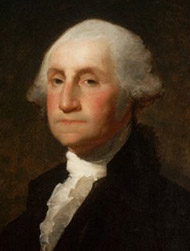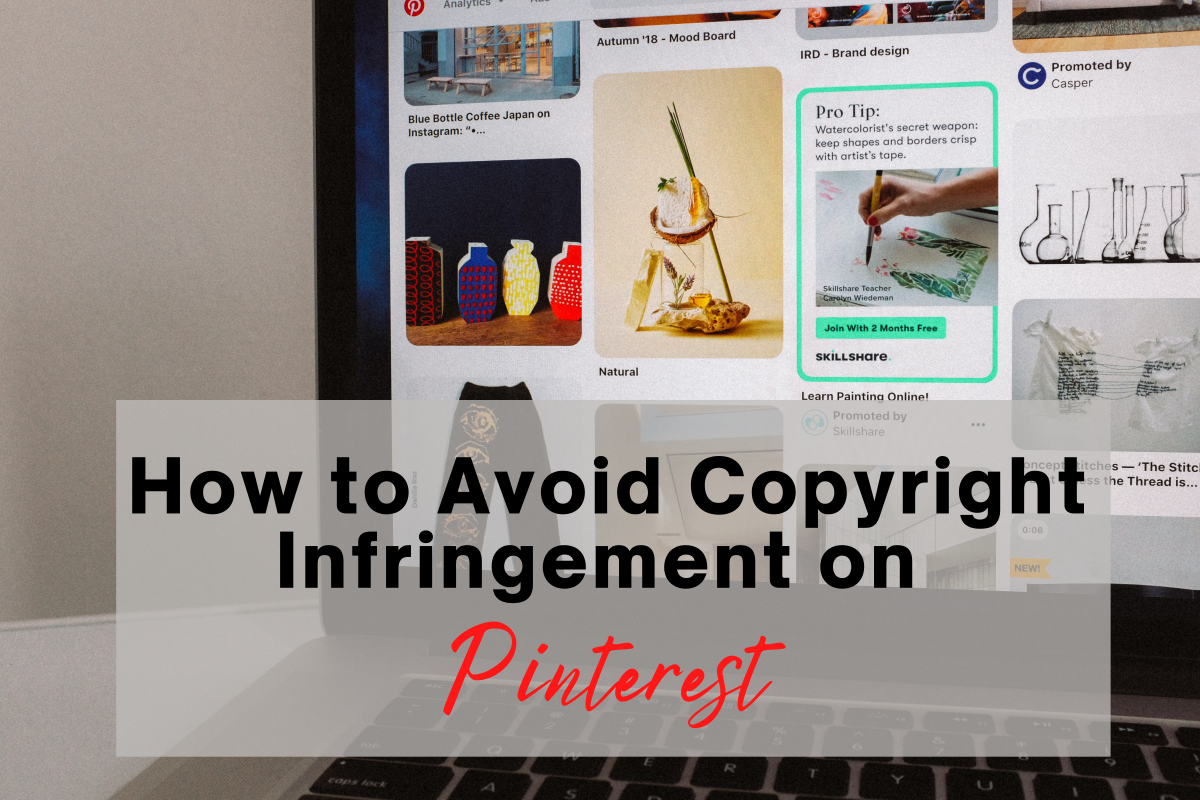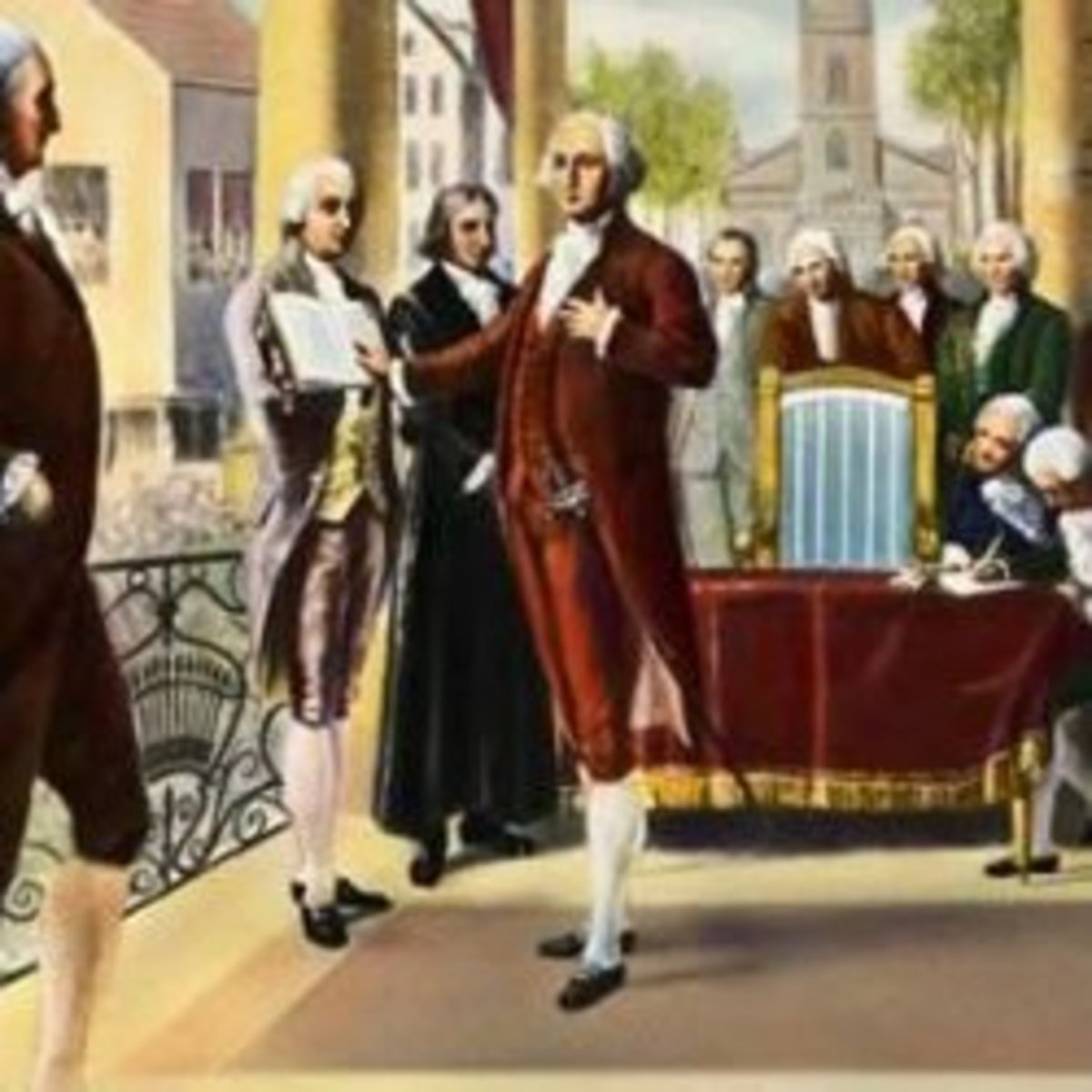- HubPages»
- Education and Science»
- History & Archaeology»
- History of the Americas
Jefferson's and Washington's Views on Copyright

Copyright is the regulatory authority for the marketplace of ideas. The topic of copyright relates to distance education in the context of intellectual property. Intellectual property on the web is referred to anything that can be sold as zeroes and ones. This ease makes it hard for digital texts; music and film to charge for copies. As the ease of distributing intellectual property falls, prices will also fall.
Copyright right laws are changing as the industry has tripled in size in the last twenty years. The main reason for this growth is that more and more intellectual property is uploaded to the World Wide Web. Intellectual property has three domains: Copyright, Patent, Trademark and sometimes a fourth – trade secrets.

Defining copyright and knowing its beginnings is one important aspects of copyright. Our founding fathers believed it was necessary for democracy and included it in the Constitution:
– Article I, Section 8, clause 8 “To promote the Progress of Science and useful Arts, by securing for limited Times to Authors and Inventors the exclusive Right to their respective Writings and Discoveries;”
George Washington argued that it would increase our national stock of knowledge, which he believed was the “the surest basis of public happiness”. It allows individual to create wealth from their ideas, but the real reason is to encourage the creation of ideas and innovation from a variety of sources.
Who's idea do you support?
Thomas Jefferson opposed copyright laws, believing ideas belonged to the individual as long they are kept to their selves, but once told, it becomes the possession of everyone. Jefferson believed that ideas should flow freely from one person to another all over the globe. His argument then concludes that inventions cannot be a subject of property. This argument continues and has been liven up in our courts with the growth of the World Wide Web making piracy of music, videos and software and plagiarism easier and as more and more writers post their ideas. {Mann, 1998 #1}

A major potential for problems is that piracy is easier in the zeros and ones digital environment, with digitization making the copies as perfect as the original. These pirates have zero development cost, and zero cost for supplies such as paper, cassettes, or videos. So as technology makes copyright more valuable the same technology brings down the value. Another problem is determining what to copyright in the digital world. If you create a web page, did you create everything on the site? Or did you use royalty free images; have someone else write your content, code and scripts?

John Perry Barlow a song writer for the Grateful Dead goes deeper into the problems of the copyrights. He defines information in three criteria’s: activity, life form and a relationship.
- Information as an activity • is information as a verb, as an action occupying time versus a state of being that occupies space. An example would be something physical you could carry such as a book. “It is the pitch, not the baseball, the dance, not the dancer
- Information as a life form • I is that information can move and stay in the same place. By giving you information, I still have the information even though I gave it to you. It is a life form in the way that it can propagate and evolve adjusting to its surrounding. Information changes as moves from one person to the next. Before books, information was passed from person to person changing and adapting to its environment, copyright laws to not address expressions by word of mouth.
- Information is a relationship • in the sense that it is valued on its meaningfulness. What has value to one person might be just data to another. Exclusive information makes it more valuable. Information also has value when it comes from an authority. {Barlow, 1994 #2}
Potential solutions to this problem start with the understanding that information is a liquid commerce and will in the future be based on relationships rather than on physical objects; such as a book that one may posses. Direct interaction such as tech support will be important in making people honest. Example is that software pirates will buy the software if they need the support.
Another solution is that we are moving to the service society. If creative people are being paid to produce their products they will not have the need to copyright their work. If the author chooses to freelances, he may make his work billable and will be able to receive monetary value 24/7.
Works Cited
Mann, C. C. (1998). Who Will Own Your Next Good Idea? , from http://www.theatlantic.com/issues/98sep/copy.htm)
Barlow, J. P. (1994). The Economy of Ideas. from http://www.wired.com/wired/archive/2.03/economy.ideas.html









